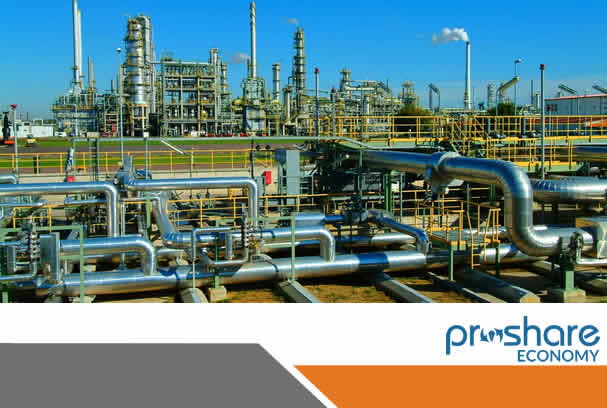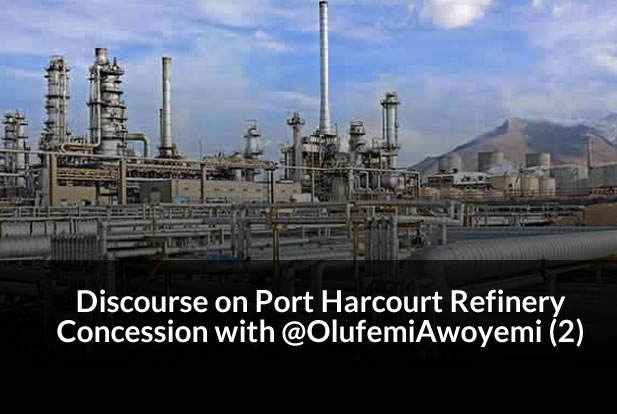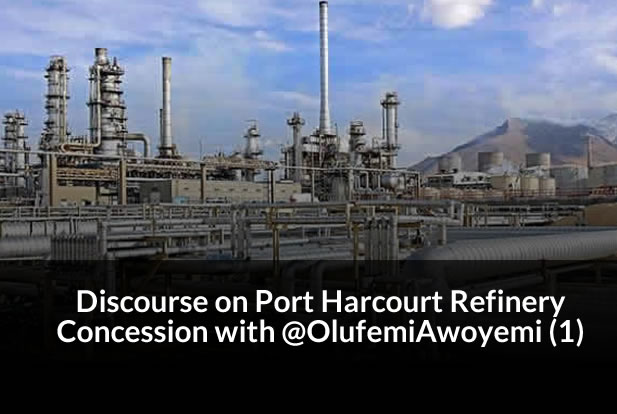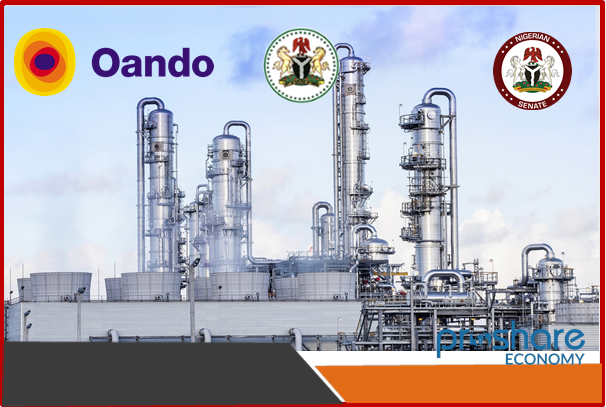Based on a Bloomberg news report, the Nigerian National Petroleum Company Limited (NNPCL) has signed a US$741m deal with Daewoo Engineering and Construction Company, a South Korean engineering firm to rehabilitate the oil refinery in Kaduna State. The maintenance service contract was signed on Thursday and under the terms of the agreement, Daewoo will restore production at the inoperative 110,000 barrels-a-day facility to at least 60% of its capacity by the end of 2024.
Over the years, successive governments have tried to revive the country’s ailing refineries with no evident results. Consequently, over 90% of the refined petroleum products consumed in Nigeria are imported. The refineries located in Kaduna, Warri, and Port Harcourt, with a combined nameplate capacity of 445,000 bpd, have long operated at extremely low capacity due to many years of underinvestment and poor maintenance. Currently, the combined cpacity utilization of the existing refineries stands at close0.00% based on available data from the Nigerian National Petroleum Corporation (NNPC). Intermittent fuel scarcity has been a recurring theme for the country over the years, worsened after NNPC became the sole importer of the product.
The Dangote refinery is an integrated petrochemical refinery situated in the Lekki FreeZone, Lagos State. It has a capacity of 650,000 barrels per day (c. 159 liters per day) and the management plans to process about 540,000 barrels per day in the first phase of its operations, ramping up to 650,000 barrels per day subsequently. The project will be Africa’s biggest oil refinery and the world’s biggest single-train facility, with the Organization of Petroleum, Exporting Countries (OPEC) projecting that the Dangote refinery would account for more than half of Africa’s expected total distillations in the medium term. The refinery will mainly produce gasoline, but also some quantities of diesel and jet fuel.
After many delays since 2016 when the project started, the refinery is expected to commence operations by mid-2023 and is said to be 97% complete. Operating at full capacity would more than meet Nigeria’s domestic fuel requirements (estimated at 66.8m liters a day according to the Nigerian Midstream and Downstream Petroleum Regulatory Authority (NMDPRA)) with excess capacity for exports. The petroleum refinery can meet all of the country’s requirements for gasoline (PMS), diesel (AGO), kerosene (DPK) and aviation jet fuel (Jet A-1). The NNPC has a 20% stake in the project. Chief executive of the Nigerian National Petroleum Company, Mele Kyari, notes that the NNPC will stop importing refined products once the refinery commences operations.
At a time when the country’s fiscal position is extremely constrained, one is left to wonder if continuous expenditure on these state owned refineries is the best use of scarce resources, especially considering the fact that past attempts to revive the refineries have been futile. Even if rehabilitated, the technology employed in those refineries would probably be moribund when compared with that of the Dangote refinery.
 Lagos, NG • GMT +1
Lagos, NG • GMT +1











 242 views
242 views












 Sponsored Ad
Sponsored Ad
 Advertise with Us
Advertise with Us









